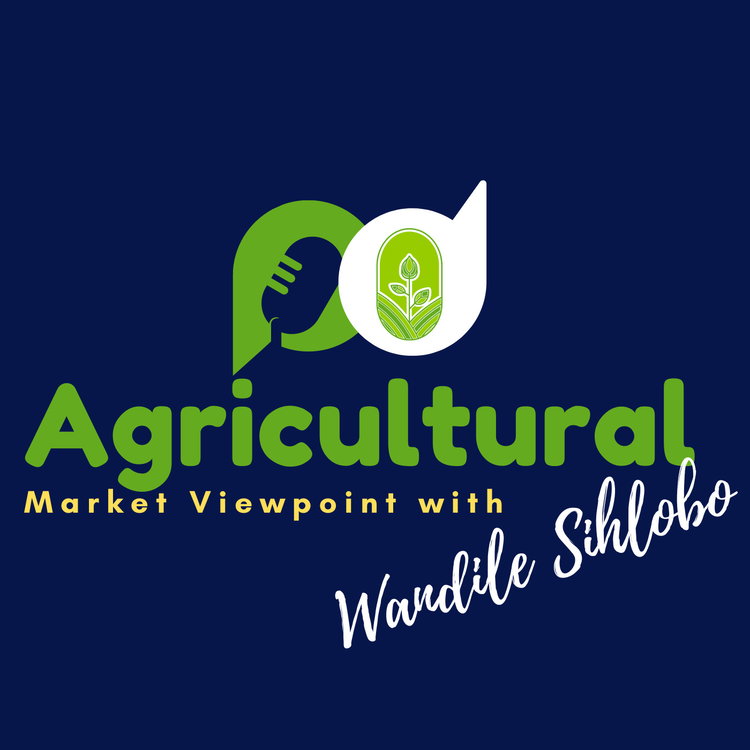
The excellent wine grapes harvest of 2025 signifies the recovery in SA agriculture generally
Loading player...
We have been saying for some time that 2025 will be a recovery year for South Africa’s agriculture, mainly highlighting the gains in grains, soybeans, and horticulture yields. But I was particularly pleased on May 8, when I received a report from South Africa Wine (SA Wine) indicating that we will have an excellent harvest in 2025.
SA Wine and Vinpro forecasts South Africa’s wine grapes harvest to be 1.244 million tonnes, an 11% recovery from the exceptionally poor harvest in 2024. Importantly, the quality promises are also to be excellent.
With the harvest like this, our preoccupation for the coming months will continue to be the export markets and logistics.
Indeed, the US market has dominated the trade conversation in recent weeks. However, long before the Trump tariffs, the South African wine industry and the entire agricultural sector had been focused on expanding export markets beyond the existing ones.
South Africa’s agricultural sector is export-oriented, with exports reaching a record US$13,7 billion in 2024, up 3% from the previous year, according to data from Trade Map. This reflects both an increase in the volume of agricultural exports and higher prices of some products.
The top exported products by value include citrus, grapes, maize, apples and pears, wine, nuts, fruit juices, sugar, berries, dates, pineapples, avocados, wool, apricots and peaches, ciders, and beef.
The focus on broadening export markets becomes even more urgent as we continue to see better quality and volumes in wine and other agricultural product output. One of the primary areas we focus on is China, which has a large population and buying power. China accounts for 11% of global agricultural imports.
However, the South African agricultural sector, specifically the wine industry, faces some constraints. For example, we face tariffs of 14% in wine exports in China, while our competitors, such as Australia, face 0% duties as they have a trade agreement with China. We have been vocal about such issues for some time. Now, the environment is even more urgent and appropriate to open these new markets, as China also looks to increase its agricultural trade with South Africa.
Listen to the podcast for more insights.
Richard Humphries and Sam Mkokeli produce this podcast.
SA Wine and Vinpro forecasts South Africa’s wine grapes harvest to be 1.244 million tonnes, an 11% recovery from the exceptionally poor harvest in 2024. Importantly, the quality promises are also to be excellent.
With the harvest like this, our preoccupation for the coming months will continue to be the export markets and logistics.
Indeed, the US market has dominated the trade conversation in recent weeks. However, long before the Trump tariffs, the South African wine industry and the entire agricultural sector had been focused on expanding export markets beyond the existing ones.
South Africa’s agricultural sector is export-oriented, with exports reaching a record US$13,7 billion in 2024, up 3% from the previous year, according to data from Trade Map. This reflects both an increase in the volume of agricultural exports and higher prices of some products.
The top exported products by value include citrus, grapes, maize, apples and pears, wine, nuts, fruit juices, sugar, berries, dates, pineapples, avocados, wool, apricots and peaches, ciders, and beef.
The focus on broadening export markets becomes even more urgent as we continue to see better quality and volumes in wine and other agricultural product output. One of the primary areas we focus on is China, which has a large population and buying power. China accounts for 11% of global agricultural imports.
However, the South African agricultural sector, specifically the wine industry, faces some constraints. For example, we face tariffs of 14% in wine exports in China, while our competitors, such as Australia, face 0% duties as they have a trade agreement with China. We have been vocal about such issues for some time. Now, the environment is even more urgent and appropriate to open these new markets, as China also looks to increase its agricultural trade with South Africa.
Listen to the podcast for more insights.
Richard Humphries and Sam Mkokeli produce this podcast.

